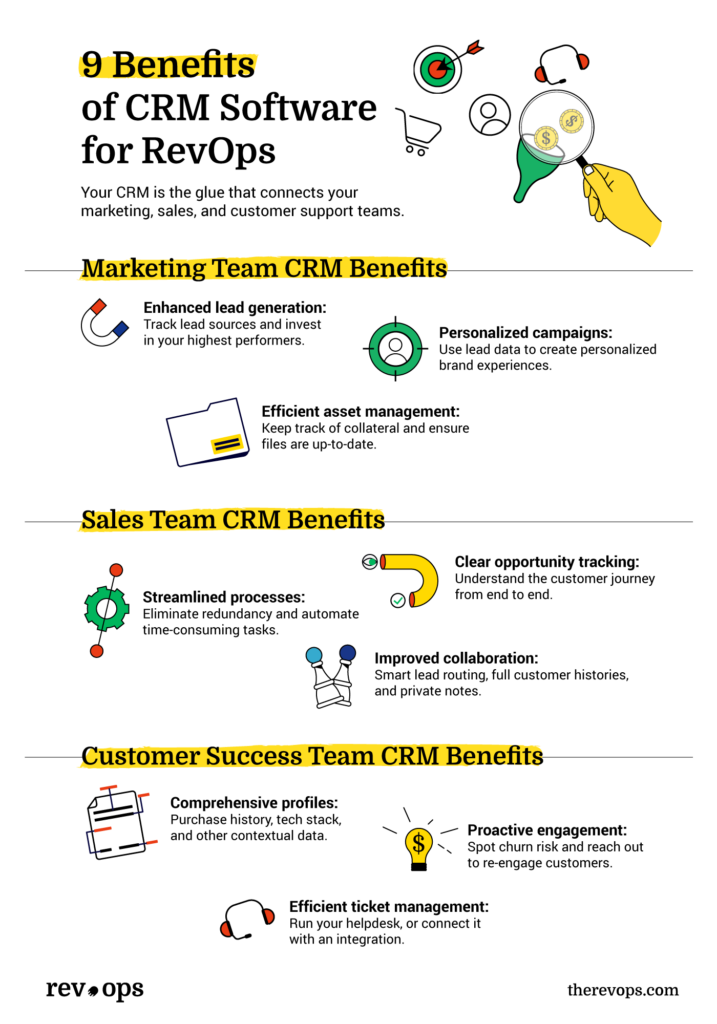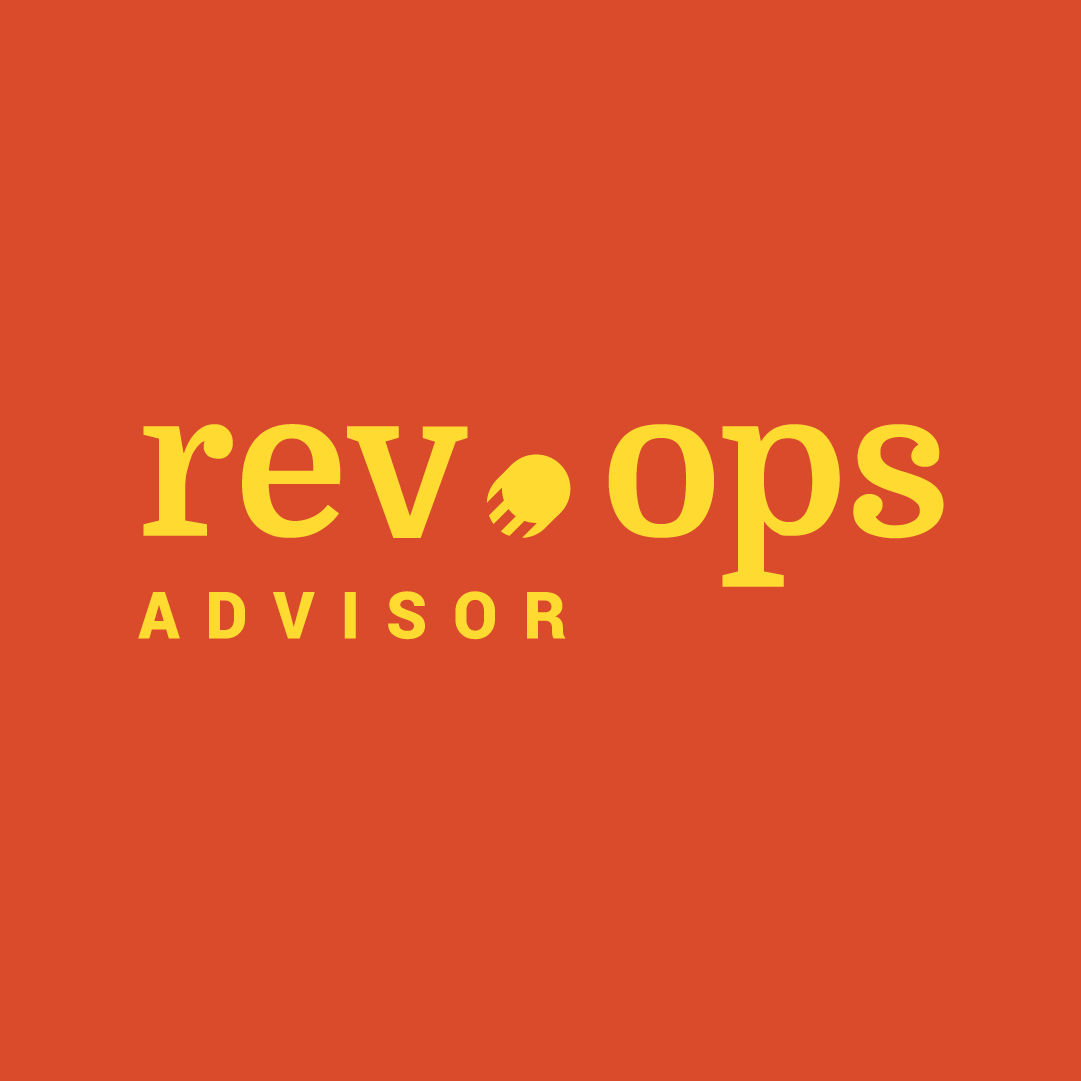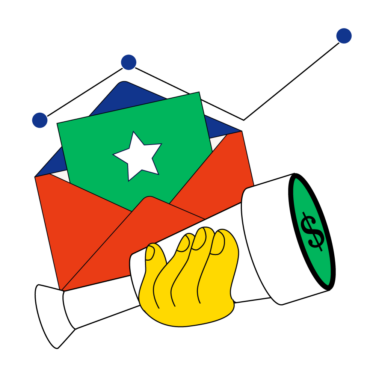Your customer relationship management (CRM) software is one of the most valuable resources your revenue teams have in their toolbox. It’s the glue that connects your marketing campaigns with your sales funnel and your overall customer experience. And in a way, this is the single greatest benefit of CRM software for your commercial teams.
Why? Because creating that connectivity among your RevOps departments is essential to your success. In fact, a case study conducted by Gartner found that by unifying commercial strategy, teams, and operations, the software company SMART Technologies saw the following year-over-year increases:
- A 48% Increase in revenue,
- A 50% Increase in lead volume, and
- A 35% Increase in lead acceptance rate.
Cross-functional alignment is a major overarching benefit of CRM software, but there are also more specific benefits for each of your RevOps teams. Keep reading to learn more about the true value of a CRM platform for your marketing, sales, and customer success teams.
And hey, no time to read the entire article? Feel free to jump ahead to our infographic that summarizes the 9 benefits outlined below!
Quick Recap: What Is CRM Software?

Put briefly, customer relationship management (CRM) software is a cloud-based digital platform that stores customer data, such as contact information and purchase history. It has tools to help you automate your marketing efforts, manage your sales pipeline, and provide customer support. These software solutions also provide analytics and reporting tools to help you understand the performance of your revenue operations activities.
Benefits Of CRM Software For Marketing Teams

Your marketing team is responsible for promoting your company's products or services to your target audience. This includes creating brand awareness and generating demand for whatever you sell. Here are the top benefits that marketers get from a CRM system.
1. Enhanced lead generation and profiling
A CRM helps track where leads are coming from and how they move through the customer journey. This allows marketing teams to target the best lead channels and invest their ad budgets in the highest-converting platforms. Improved lead generation fuels your sales funnel with higher-quality prospects.
Marketing teams can also use a CRM to monitor how new customers discover your products and eventually enter the sales pipeline. This helps you develop clearer, more nuanced customer profiles and personas, which can inform everything from your marketing strategy to your product strategy.
2. Targeted, personalized marketing campaigns
Having all of your lead data in the same system you use to set up email campaigns is super helpful. Marketers can use segmentation and smart rules to personalize their email marketing, advertising, landing pages, and more. And these days, creating personalized brand experiences isn’t just a nice to have but a necessity:

3. Efficient asset and resource management
Most marketing teams have a lot of collateral — from ebooks to white papers to ad graphics and copy decks. Some CRM software has asset management built-in, allowing you to keep track of all your marketing assets right in the platform. And if you can’t manage your resources within the software, CRM integrations will usually help you connect your content management system (CMS) or a digital asset management (DAM) system.
Benefits Of CRM Software For Sales Teams

Sales teams are in charge of selling products and services to customers and managing your sales process from start to finish. Your sales reps do targeted outreach, demo your products to potential customers, and may also do some negotiation to close deals. Here are some key ways a CRM solution benefits them:
4. Clearer lead and opportunity tracking
You can monitor customer interactions at every stage of the customer journey with a CRM. This gives your sales reps a clear and comprehensive overview of how leads become potential customers and allows them to craft their lead management process and sales process accordingly. Tools like forecasting and real-time updates help your team know when it’s the best time for outreach, follow up, and upselling.
5. Streamlined sales processes and workflows
By tracking your sales performance metrics over time, your salespeople gain valuable insights about sales cycles and market trends. The sales reports from your CRM can inform how your team members prioritize their work quarter to quarter, or from one season to the next. It can help them take a more strategic approach in their sales processes.
You can also use this data to streamline your sales team’s workflows, cutting out redundant tasks or automating time-consuming manual work like data entry. The automation functionality CRM software provides can be quite robust. You can also use built-in tools like templates and notifications to speed up your work processes.
6. Improved collaboration and communication

As the saying goes, alone you go fast, but together you go far. And collaboration features built into CRM systems can help sales teams stay connected and avoid redundancy in their work. Tools like automated lead routing help ensure the most suitable sales rep is assigned to every incoming prospect. Meanwhile, private notes and historical data provide contextual customer information that helps salespeople pick up where their colleagues left off as needed.
Benefits Of CRM Software For Customer Success Teams

The final stage of the customer journey will hopefully be the longest one — and that’s where your customer experience or customer service team comes in. They’re responsible for monitoring customer behavior and addressing customer needs to improve overall customer satisfaction and customer loyalty. These are the main benefits of a CRM tool for customer success teams:
7. Comprehensive customer profiles and history
A CRM can provide data about your existing customer’s business needs, the SaaS tools and apps they use, and their purchase history with your company. This gives customer service reps a holistic overview of each customer’s relationship with your brand. So when a customer reaches out for support, they have all the context they need to provide exceptional customer service. Which is important, because…

8. Proactive customer monitoring and engagement
In addition to being prepared when customers do reach out for support, your CRM can also help your customer success team take a more proactive approach to customer retention. In other words, your CX team can take customer relationship management into their own hands.
Most CRM software will be able to help you track churn risk, giving your team a heads up on who might need a bit of extra care. Some platforms even track social media activity and indicators that customers are checking out your competitors!
9. Efficient ticket and issue management
Many modern CRMs either have help desk functionality built in or easily connect to your help desk software. This allows salespeople to manage incoming customer communications across multiple channels. Your sales team can respond to chatbot and social media messages, emails, and may even be able to take phone calls through your CRM. It creates a centralized database to manage customer information, communications, history, and more.
The Benefits of CRM Software: Infographic
Looking for a TL;DR of the benefits outlined above? Check out this infographic for a quick summary of the 9 major benefits of CRM software (and hey, save it for later!):

More Articles
- The 17 Best Account Management Books to Master Client Journeys
- What is Sales Forecasting? Your Key to Informed Decisions
- What is CPQ: A Guide to ‘Configure, Price, Quote’ for RevOps Teams
- 4 Benefits of Conversation Intelligence Software: How Can It Enhance Your Operations?
- 18 Business Intelligence Books You Can’t Miss
Finding The Best CRM Software For Your RevOps Teams
Clearly, investing in CRM software can benefit your business processes and team alignment — not to mention your company’s profitability and bottom line. But how do you select the best CRM software to meet the needs of your revenue operations teams?
5 things to consider when selecting a CRM platform:
- How will your teams use the software? Come up with some use cases and examples of how your teams will use CRM software.
- Do you have a CRM strategy in place? This might include things like who will be using it, what for, and the goals associated with implementing the software.
- What’s your budget? Consult with your financial department, research the cost of CRM software, and seek out pricing that’s within your means.
- Do you need a specialized solution? There are small business CRMs, enterprise CRMs, real estate CRMs, nonprofit CRMs, and more!
- Can you try it out? Many software providers offer free trials and demos, and there are some completely free CRM software available, too.
Need expert help selecting the right Customer Service Software?
We’ve joined up with Crozdesk.com to give all our readers (yes, you!) access to Crozdesk’s software advisors. Just use the form below to share your needs, and they will contact you at no cost or commitment. You will then be matched and connected to a shortlist of vendors that best fit your company, and you can access exclusive software discounts!
Align Your Teams With CRM Software
CRM software has come a long way from its humble beginnings. What was once a way to replace spreadsheets (or a rolodex) is now a comprehensive, centralized system to manage various business processes and data. And these powerful tools can support each of your commercial teams both independently and collectively.
Aligning your sales, marketing, and customer support teams is key to your organization’s success. This alignment is how you craft a cohesive customer experience and nurture customer loyalty. It starts with getting everyone into the same system and using the same tools.
To stay up to date on the latest content from The RevOps Team, subscribe to our newsletter mailing list.



